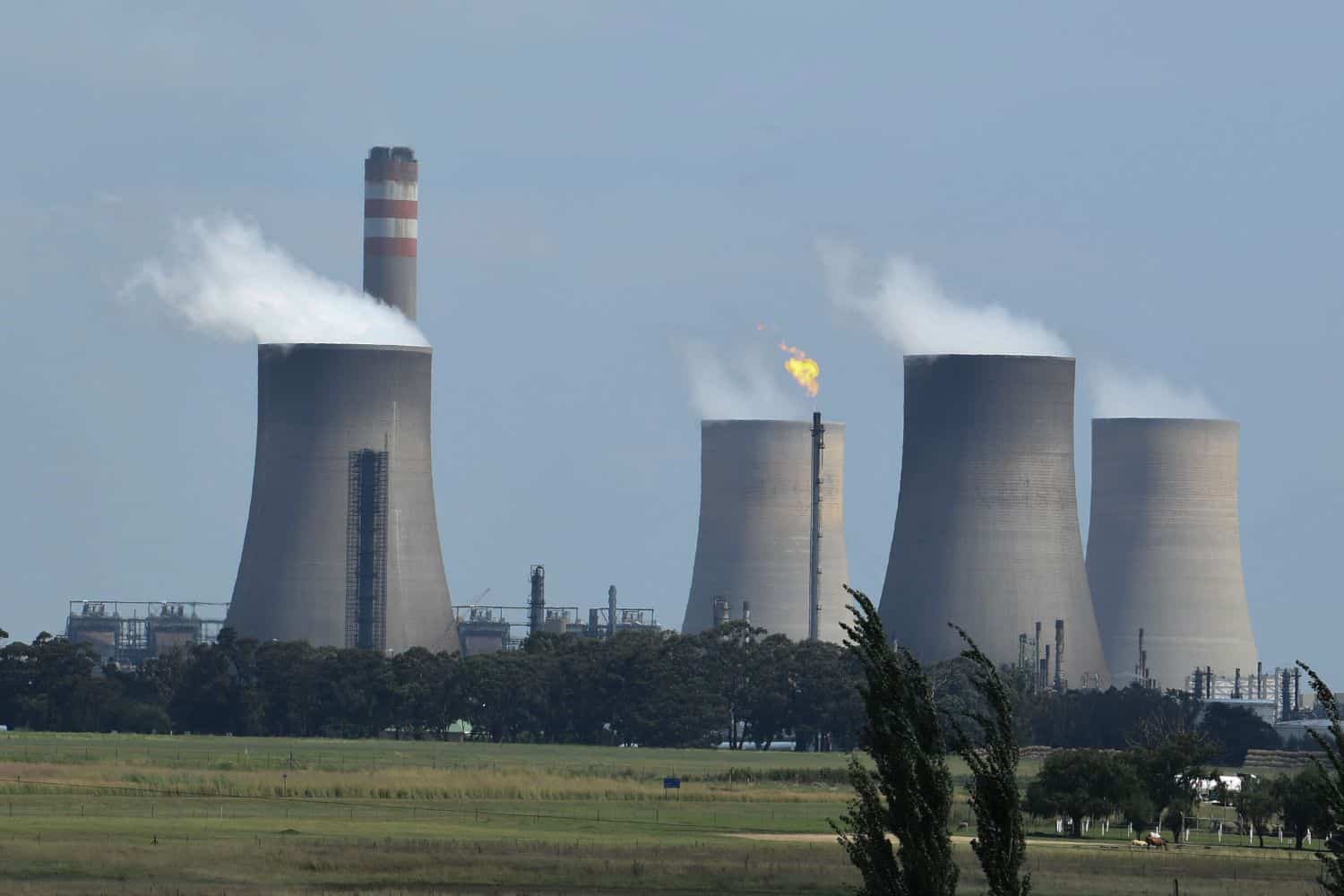A UCT law professor criticised what she called 'policy incoherence' in Parliament on Thursday.

South Africa’s heavy reliance on coal for electricity has been likened to an addiction that is enabled by Eskom, the government and other role-players.
Officials from the Department of Electricity and Energy, together with other stakeholders, appeared before Parliament’s Portfolio Committee on Electricity and Energy on Thursday to discuss the state of the sector.
IRP and coal electricity production
The department presented both a global and local overview of the energy landscape, outlining its mandate, strategies, key policies, and legislative framework for the 2025/2026 financial year.
Central to discussions was the Integrated Resource Plan (IRP) – the country’s long-term electricity roadmap.
The IRP is a document that sets out national policy on electricity planning, the types of energy sources permitted, and the quantity of electricity to be generated from each.
Currently, South Africa still operates under the outdated 2019 IRP, despite efforts to update it.
The final draft of the new IRP – which has faced widespread criticism – is expected to be considered by Cabinet later this year.
ALSO READ: Eskom launches Renewable Energy Programme to make SA greener
Thabang Audat, Chief Director for Energy Planning, explained to MPs on Thursday that the latest IRP aims to secure reliable electricity supply, reduce costs to the economy, and minimise environmental impact.
“We are all aware coal is the most dominating in terms of electricity production. There are certain environmental effects that are harmful resulting from burning coal,” he said.
The first draft of the updated IRP was released in January 2024, with a public comment period closing in March.
Although more than 4 000 submissions were received, Audat noted that most were not “substantive” to the IRP.
“We are finalising certain administrative matters relating to the document, but the draft is before Cabinet for consideration,” he added.
Watch the meeting below:
South Africa’s dependency on coal likened to addiction
Addressing the portfolio committee, University of Cape Town (UCT) law professor Hanri Mostert described South Africa’s dependency on coal as a form of addiction.
“Let us think of coal as the addictive substance; then Eskom, its contracting partners, the government and parts of the coal value chain would have become co-dependents to that addiction.
“They are bound together in ways that make recovery from that addiction extremely difficult and withdrawal frightening,” she told MPs.
READ MORE: Nersa blunder on Eskom’s electricity tariffs triggers public backlash
Mostert argued that the legal framework could either trap the country in coal dependency or provide the tools for recovery.
She drew attention to the harm caused to communities near coal plants.
“Every addiction leaves harm in its wake, and the people living closest to coal plants carry the cost, such as polluted air and water, displacement from land, and destruction of livelihoods.
“Young people growing up in places like eMahlahleni or Kriel find their futures narrowed by an industry that is winding down but will leave behind social devastation. These are not abstract harms; they are the visible injuries of dependency.”
Enablers criticised
The professor also warned that “institutional entanglement” often protects the addict from consequences out of loyalty or fear.
“In our case, Eskom’s vertical integration, its long-term coal contracts and the web of vested interests all act as co-dependents.”
While municipalities are legally allowed to procure their own power, Mostert said red tape and grid access uncertainty make this “very onerous” to exercise.
READ MORE: Eskom forges ahead in bid to end load shedding for good
“These are the kind of institutional enablers that hold the dependency on coal in place.”
The problem, she added, extended beyond Eskom itself.
“It is a confluence of actors such as large mining houses, contract beneficiaries, financiers as well as government that holds the system in place.
“Eskom becomes the visible face, but the roots of co-dependency run much deeper in our political economy.”
‘Policy incoherence’
Furthermore, Mostert criticised what she called “policy incoherence”, equating it to denial at the heart of addiction.
“When it comes to coal, South Africa’s landscape shows denial.
“On the one hand the Just Energy Transition investment plan maps out the pathway to renewables; on the other hand we still have an operative Integrated Resources Plan that pushes space for new coal.
“That’s like someone who wants to quit smoking, signs up for a recovery programme, but still keeps a package of cigarettes just in case.”
READ MORE: 17% of SA’s electricity consumed by a few giant consumers – at huge discounts
She stressed that such contradictions undermine the credibility of South Africa’s energy transition.
“The IRP of 2019 remains the legally binding framework; however, in December 2023, Cabinet approved a draft IRP which removes new-built coal and instead emphasises renewables, battery storage and gas. Follow-up reviews we have just heard of from 2024 and 2025 are still in draft stages.”
The new draft represents a critical shift – but only if it becomes law, according to Mostert.
“Yet until that draft is formally adopted and given legal effect, the 2019 IRP remains the binding framework keeping us in a state of policy incoherence.”
She further highlighted that South Africa is not alone in this struggle, citing Poland and India as examples of countries also grappling with coal dependency.
Legal interventions
Mostert argued that the law can serve as a “healing intervention”, ensuring reforms stay on track.
“Another example is that the law can make it easier for municipalities and private producers to bring new energy online, breaking the monopoly that sustains the dependency.
“The law can also require that every coal plant decommissioning plan includes clear obligations to communities and workers, preventing the social devastation that unchecked withdrawal would cause.”
She welcomed moves to restructure Eskom into three subsidiaries – generation, transmission, and distribution – under a single holding company, along with efforts to lift licensing barriers and broaden procurement.
“These are real movements away from addiction even if the recovery is uneven and contested.”
NOW READ: Eskom needs more competition and Ramaphosa’s anger over commission a good sign?






